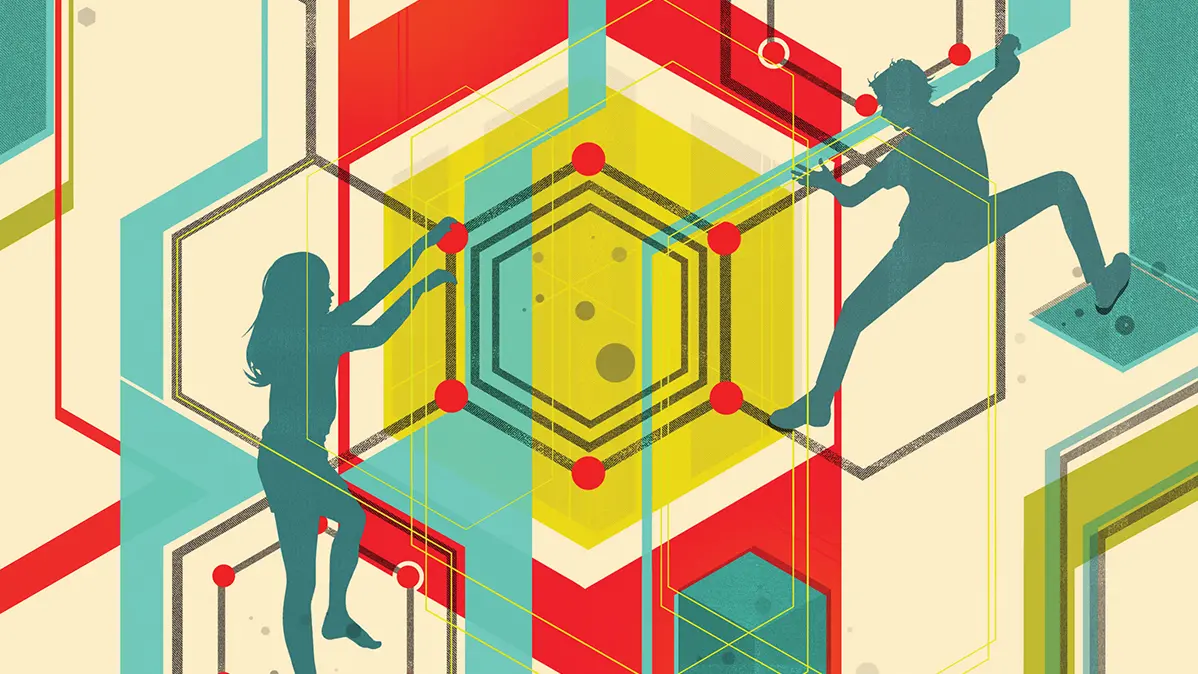It’s the raging hormones!” Many parents have comforted themselves with this mantra when abruptly faced with a child they no longer seem to recognize. Let’s remember for a moment that it’s not exactly a walk in the park to be the host of all those chemical surges: Hormones are responsible for the acne, body hair, voice changes, growth spurts, mood swings, onset of menstruation and many, many other perks of being a teenager.
Benedetta Leuner and Kathryn Lenz are associate professors of behavioral neuroscience at Ohio State who study the connections between hormones and brain development at critical periods in our life spans. Adolescence is one of those critical periods.
“Adolescence is a period where hormones are in flux and are remodeling the brain and influencing behavior,” Leuner says. “We all know hormones lead to physical changes. The brain is also changing; we can see that through adolescent behavior. What’s missing is the link between the two — how hormones are driving certain aspects of brain maturation during adolescence.”
Hormones are unique substances in our bodies in that they are produced in multiple locations — in our reproductive organs, in glands throughout the body and in our brains — and they can hitch a ride anywhere else in the body they can find a welcome receptor. That helps explain why we see and experience their effects in so many ways.
For sure, they’re not always helpful ways: While some hormones may set the stage for later mental illness, others may enable risk-taking behaviors such as experimenting with drugs. And studies show there could be connections between adolescent drug use and adult-onset mental illness, particularly schizophrenia.
Some human-brain imaging studies have tracked how brain regions grow during adolescence, Lenz says, but very few have correlated that growth with hormonal changes in the same individual. “We know very little about how these things map onto each other. We don’t know how hormones are or are not tweaking those processes at all, even though it seems so obvious they would be.”
What would be the potential benefits of better understanding these links? Leuner and Lenz’s research doesn’t extend into application, but they believe that knowledge makes a difference.
“Explaining to teenagers that what you’re feeling is normal is powerful,” Leuner says.






